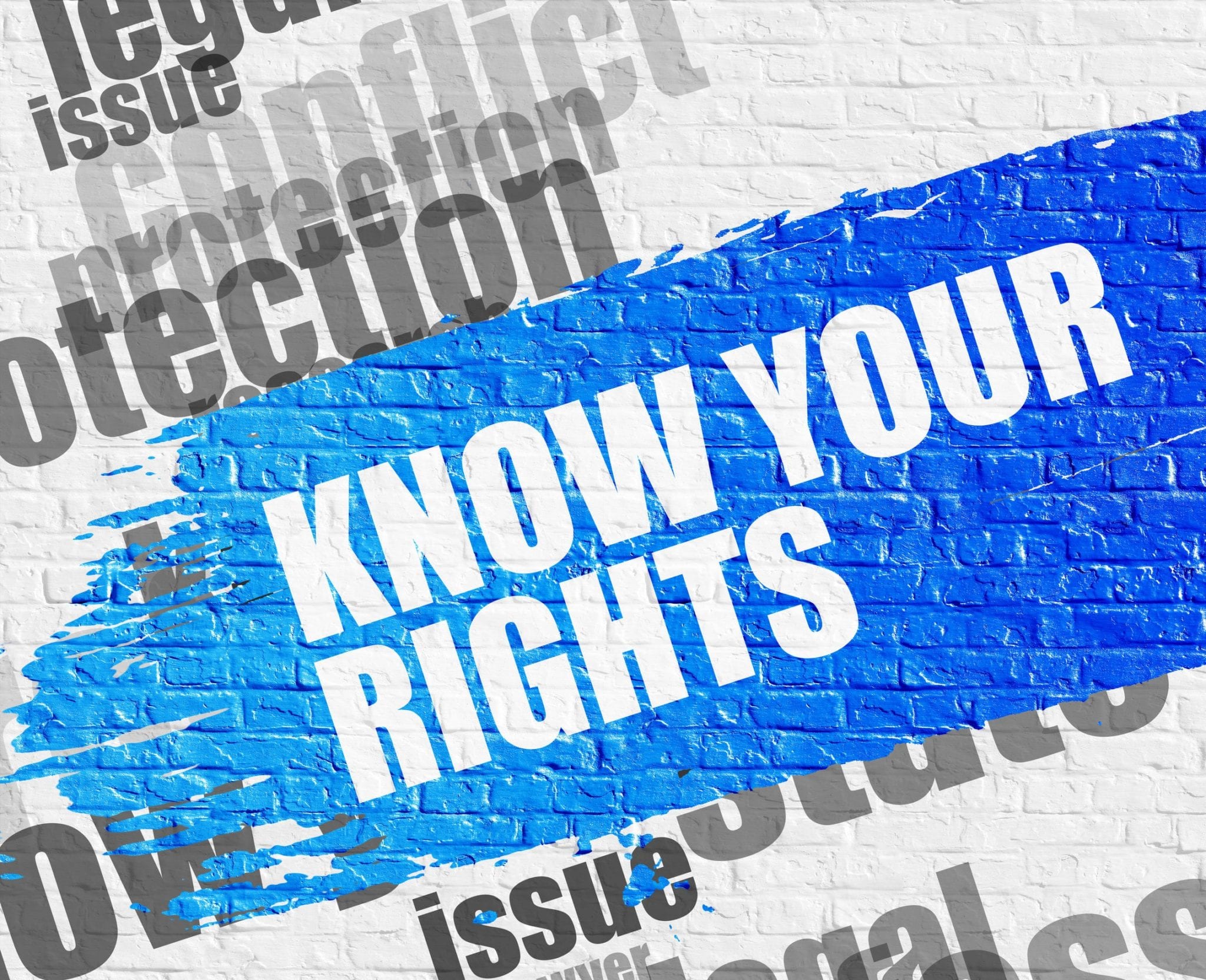
If you are accused of shoplifting in Minnesota, you need to know your rights and what the store is allowed to do to you – and what they’re not.
In this post, we’ll detail the law, cover your rights, and explain what options are available to you to defend yourself and battle against any retail theft charges that are filed.
Shoplifting in Minnesota: The Law
Shoplifting is an act of theft against a retailer, according to Minnesota law. It covers taking an item from a store without paying for it, concealing an item, changing the item packaging, or switching price tags. If you are convicted of shoplifting, you could face criminal charges as well as civil charges filed by the retailer.
The penalties for shoplifting are generally given in accordance with the value of the item or items that were taken. Because of this, many shoplifting incidents result in misdemeanor charges. However, taking high value items, controlled substances, or firearms of any value may result in felony charges. Additionally, multiple shoplifting offenses within a six-month period could result in stiffer sentencing as well.
If the offender is a minor, the minor’s parents or legal guardians can be held liable for damages in a civil lawsuit. The store can file a claim for the retail value of the taken items plus 100 percent of the retail value or $50, whichever is greater.
Your Rights If You Are Accused of Shoplifting

If a store employee or security guard suspects you of shoplifting, the store has the right to detain you for questioning as long as they see you commit an act of shoplifting as listed above.
Otherwise, you will be led to a secure area where asset protection will question you. During questioning, you have the right to remain silent. It’s in your best interest to keep quiet to not accidentally incriminate yourself. You also have the right to request an attorney’s presence when law enforcement is questioning you.
If you are detained, you may only be held for a reasonable amount of time. This time will vary on a case-by-case basis, but several hours would be unreasonable in most scenarios. The store does not have the right to use excessive force or threats to detain you.
The store will then decide whether to issue a report to the police. You may be arrested and subject to further questioning at the police station.
To be convicted on shoplifting charges, the prosecuting attorney will need to prove that you acted with intent. You may have unintentionally placed an item in your possession. If that is the case, you need to let your attorney know, because your charges could be reduced or dropped.
If the store issues false accusations against you, they are obligated to provide an apology to clear your name. You can check with an experienced Minnesota criminal attorney about what recourse you have if the store refuses to issue an apology.
If there are multiple store employees who serve as witnesses, yet their stories do not corroborate, the charges against you may not hold up in court. Check with your attorney to know how the witness accounts affect your case.
If the store decides to file a civil suit against you, they must file within the statute of limitations. You cannot face charges if the statute of limitations has expired.
Defending Yourself against Minnesota Shoplifting Charges
A skilled lawyer may be able to help get your charges reduced or dismissed under certain circumstances.
You should not face charges if certain factors apply to your case. Elements like specific medications, advanced age, illness, other physical ailments, or even fatigue or distraction could potentially absolve you from shoplifting charges.
Mistaken identity and lack of intent are other common defenses to shoplifting charges. If the prosecutor cannot provide sufficient evidence, you will not face charges for shoplifting. Check with a lawyer to know which defense strategy is likely to work best for you.
Alternative Options for a Shoplifting Conviction

If you are a first-time offender for shoplifting, your attorney may be able to get you admitted into a diversion program rather than suffer criminal penalties. With a diversion program, you attend classes and counseling sessions, make restitution, and perform community service hours.
Even if none of those things apply to your case, your lawyer may also be able to work out a plea bargain to get a you a lighter sentence.
About the Author:
Christopher Keyser is a Minneapolis-based criminal and DWI defense attorney known for fighting aggressively for his clients and utilizing innovative tactics to get the most positive results. He has been featured in numerous media outlets due to the breadth and depth of his knowledge, and recognized as a Minnesota Super Lawyers Rising Star and a Top 100 Trial Lawyer .





